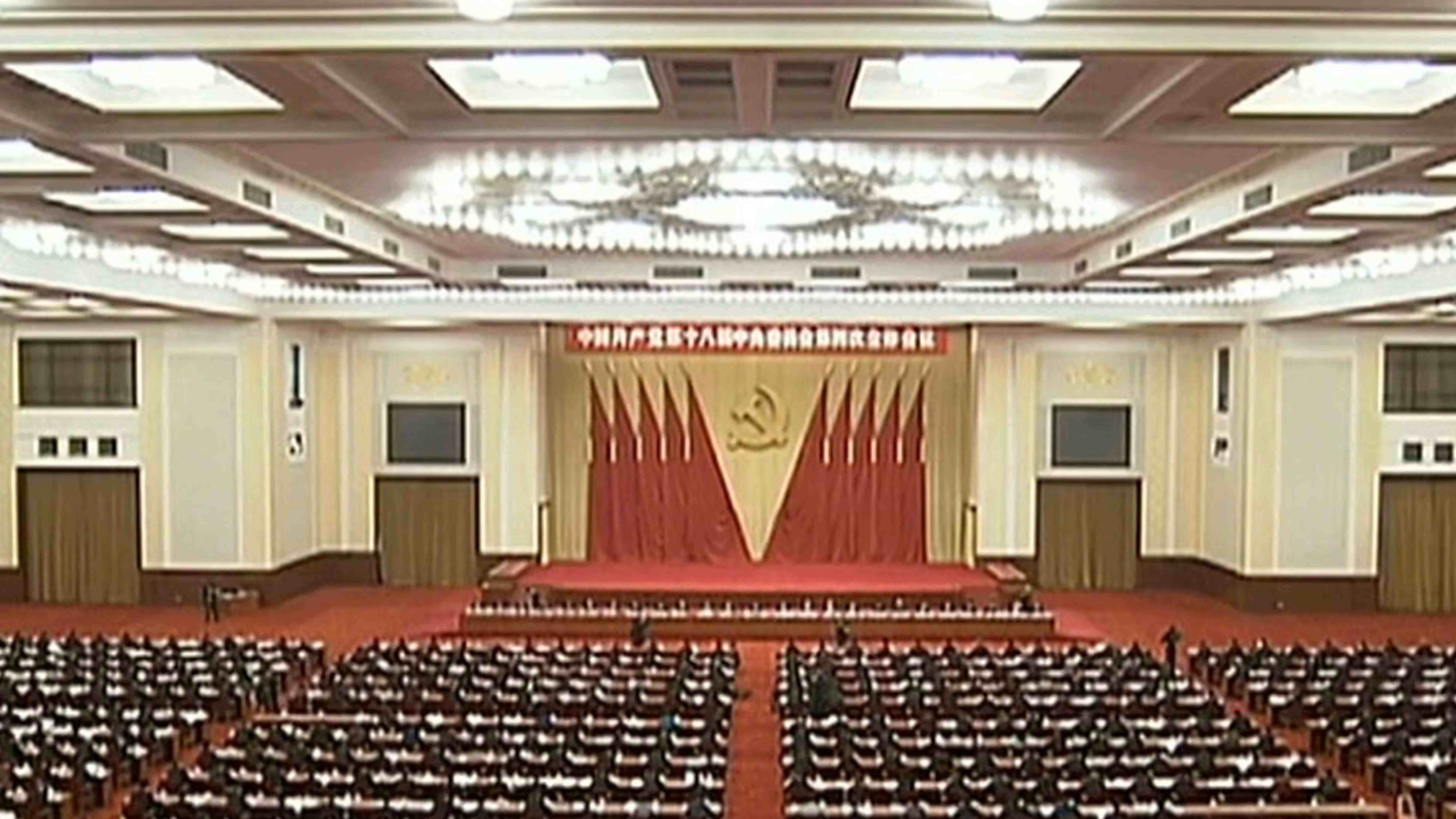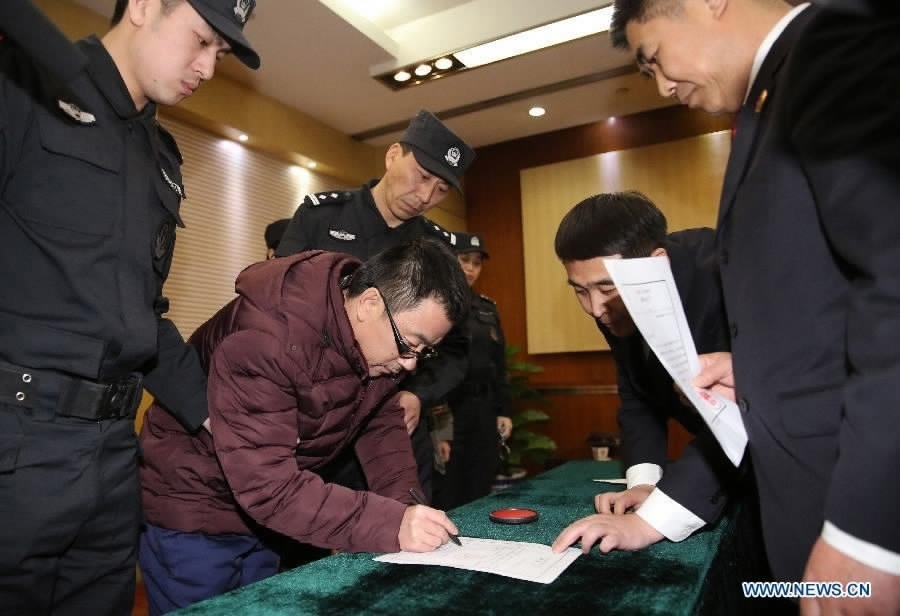
Politics
10:56, 20-Oct-2017
Experts applaud China’s shift from rule 'by' law to rule 'of' law
By Jim Spellman

China has moved from a system of rule “by” law to rule “of” law. It’s a subtle change of wording – with a large impact.
Here’s how we arrived at this situation.
Three years ago, the Communist Party of China set out to strengthen the rule of law in the country.
“The theory of socialist rule of law with Chinese characteristics stipulates the nature, direction and road map of the rule of law,” said Yuan Shuhong of the Legislative Affairs Office of the State Council.

Yuan Shuhong, secretary of the party leadership group of the Legislative Affairs Office of the State Council. /Xinhua Photo
Yuan Shuhong, secretary of the party leadership group of the Legislative Affairs Office of the State Council. /Xinhua Photo
“The key issues lie in scientific legislation, strict enforcement of law, judicial justice and law observation by all the people. In the meantime, the theory links the ultimate goal with the country’s governance system and modernization.”
Norman Markowitz, a history professor at Rutgers University in the US, thinks that the rule of law is key to the continued success of the party.
“The effect of the lack of rule of law leads to more and more people becoming discouraged, disillusioned, believing that society is not advancing equality and social justice – the ideals of socialism,” he said.
Beijing says a lot of progress has been made. Mafia-style gangs have been broken up, companies committing fraud have been brought to justice, and internet criminals have been captured and tried.
Officials say the murder rate in China is one of the lowest in the world.
Corruption within the party has been basically rooted out. More than 70,000 officials at or above the county level have been investigated for corruption since 2012.
In 2015, officials launched Operation Sky Net – a global hunt for Chinese fugitives wanted on corruption charges.

Fu Yaobo (L2), one of China's most wanted fugitives, signs the arrest warrant as he is repatriated under escort at Beijing Capital Airport, February 6, 2016. /Xinhua Photo
Fu Yaobo (L2), one of China's most wanted fugitives, signs the arrest warrant as he is repatriated under escort at Beijing Capital Airport, February 6, 2016. /Xinhua Photo
“Zero tolerance, zero loopholes and zero obstacles. China has sent a message to the corrupt ones: There’s nowhere to hide for fugitives,” said Wang Xiumei from Beijing Normal University.
So far, more than 3,300 fugitives have been returned from more than 90 countries, and more than 1.4 billion US dollars have been recovered.
Experts say China has learned the value of the rule of law by studying how the fall of the Soviet Union was in part due to the corrosive influence of corruption.
“If a communist government fails to operate by the rule of law, then, ultimately, that government will fail,” said Markowitz.
“And whether it survives or not, it will become an instrument of exploitation and oppression.”
The Communist Party says it has gained “crushing momentum” in the fight against corruption while pushing forward strict governance of the party.

SITEMAP
Copyright © 2018 CGTN. Beijing ICP prepared NO.16065310-3
Copyright © 2018 CGTN. Beijing ICP prepared NO.16065310-3